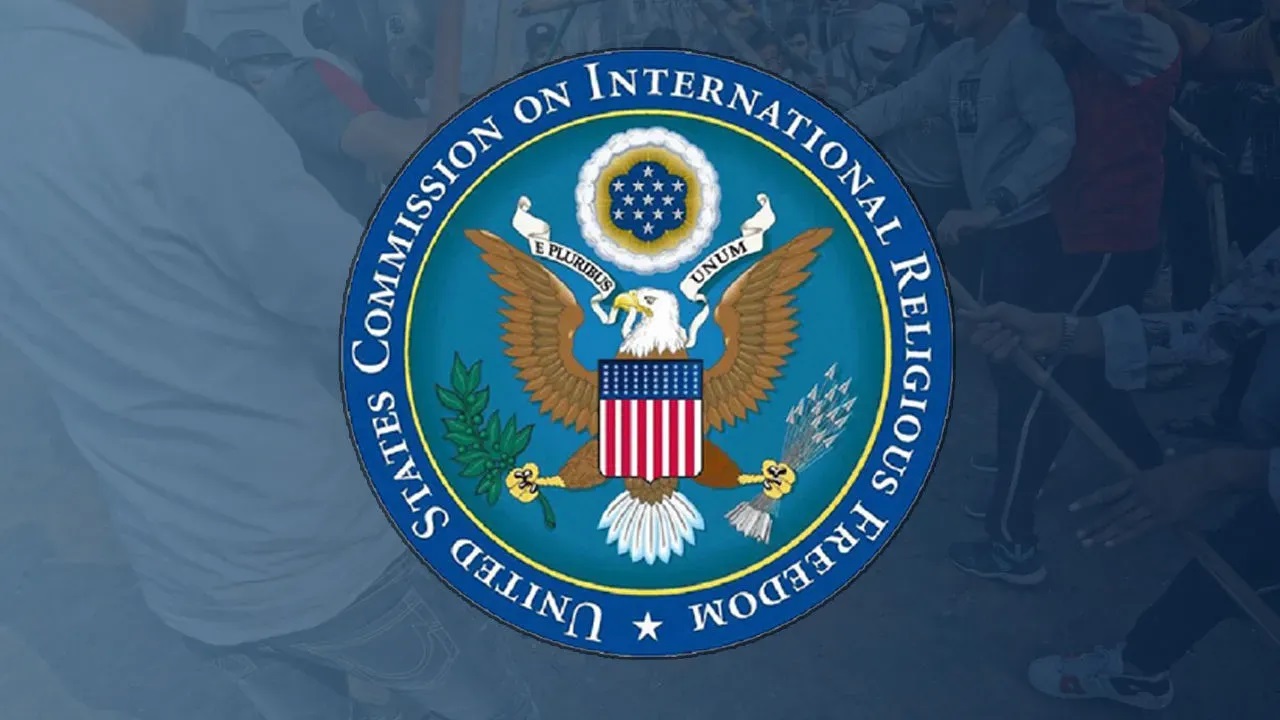Religious Freedom or Political Pressure? USCIRF’s Stance on India
Context
The United States Commission on International Religious Freedom (USCIRF) has recommended targeted sanctions against India’s Research and Analysis Wing (R&AW) over alleged involvement in assassination plots against Sikh separatists abroad.
This move has led to diplomatic concerns between India and the US, with India strongly rejecting the allegations as politically motivated and lacking evidence.
What is USCIRF?
Establishment & Mandate
-
The USCIRF is an independent U.S. federal government commission, created under the International Religious Freedom Act (IRFA) of 1998.
-
It functions as a bipartisan advisory body to the US President, Secretary of State, and Congress.
Functions & Responsibilities
-
Annual Report on Religious Freedom:
-
Highlights Countries of Particular Concern (CPCs) that engage in severe religious freedom violations.
-
Assesses the US government’s implementation of IRFA and suggests policy actions.
-
-
Monitoring Violations Globally:
-
Uses international standards to evaluate religious freedom.
-
Refers to Article 18 of the Universal Declaration of Human Rights (UDHR), which guarantees:
“Everyone has the right to freedom of thought, conscience, and religion; this right includes freedom to change his religion or belief, and freedom, either alone or in community with others and in public or private, to manifest his religion or belief in teaching, practice, worship, and observance.”
-
-
Policy Recommendations:
-
Suggests actions like diplomatic pressure, economic sanctions, and visa restrictions for nations violating religious freedom.
-
Composition
-
Nine Commissioners: Appointed by the US President and Congressional leaders from both parties.
-
Professional, Nonpartisan Staff: Supports research and policy recommendations.
USCIRF’s Stance on India
Past Criticism
-
USCIRF has repeatedly criticized India for its handling of religious issues and suggested designating India as a “Country of Particular Concern (CPC)” in its past reports.
-
India has consistently rejected USCIRF’s assessments, calling them biased, inaccurate, and interfering in internal affairs.
Current Recommendation on R&AW
-
The latest report links India’s intelligence agency (R&AW) to assassination plots targeting Sikh separatists in the US and Canada.
-
US and Canada have raised concerns, while India has denied the allegations and reaffirmed its commitment to sovereignty and security.
Diplomatic and Strategic Implications
Possible Impact on India-US Relations
-
Diplomatic Strain: Could complicate bilateral ties, especially amid growing India-US strategic cooperation in defense, trade, and Indo-Pacific security.
-
US Administration’s Stance:
-
The US government is not bound by USCIRF’s recommendations.
-
However, such reports influence Congressional discourse and shape policy debates.
-
-
India’s Response:
-
India rejects external interference in internal matters.
-
It asserts its commitment to religious freedom, citing constitutional protections.
-
Conclusion
While USCIRF’s recommendations do not have direct legal consequences, they reflect ongoing scrutiny of India’s religious policies on the global stage. India’s diplomatic response will be key in balancing national security concerns with international relations.



.jpg)
Comments (0)